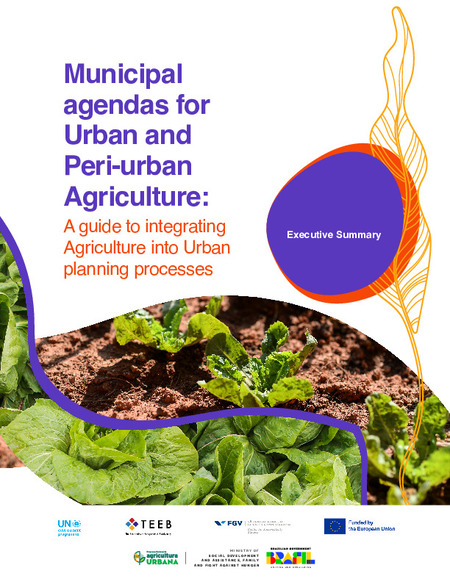The Weight of Cities: Resource Requirements of Future Urbanization

Date
2018Author
United Nations Environment Programme
International Resource Panel
Citation Tool
Bibliographic Managers
RT Generic T1 The Weight of Cities: Resource Requirements of Future Urbanization A1 United Nations Environment Programme, International Resource Panel YR 2018 LK https://wedocs.unep.org/20.500.11822/31623 PB AB TY - GEN T1 - The Weight of Cities: Resource Requirements of Future Urbanization AU - United Nations Environment Programme, International Resource Panel Y1 - 2018 UR - https://wedocs.unep.org/20.500.11822/31623 PB - AB - @misc{20.500.11822_31623 author = {United Nations Environment Programme, International Resource Panel}, title = {The Weight of Cities: Resource Requirements of Future Urbanization}, year = {2018}, abstract = {}, url = {https://wedocs.unep.org/20.500.11822/31623} } @misc{20.500.11822_31623 author = {United Nations Environment Programme, International Resource Panel}, title = {The Weight of Cities: Resource Requirements of Future Urbanization}, year = {2018}, abstract = {}, url = {https://wedocs.unep.org/20.500.11822/31623} } TY - GEN T1 - The Weight of Cities: Resource Requirements of Future Urbanization AU - United Nations Environment ProgrammeUnited Nations Environment Programme, International Resource Panel UR - https://wedocs.unep.org/20.500.11822/31623 PB - AB -View/Open
Item Statistics
Display item statisticsMetadata
Show full item recordDescription
The report presents the first assessment of the resources required at a global scale for the coming wave of urbanization. Using material flow analysis, the analysis of urban form and city organization, the assessment of the potential contribution of known sustainable technologies, as well as case study methodology, it reveals the possibility of an alternative, resource-efficient urban management strategy. The report identifies the proliferation of the sustainability-oriented ‘urban experiments’ as a basis for a new form of resource-efficient urbanism. This emergent mode of urban governance can be aligned with the potential of networks of knowledge-based economies that will change industrial activity in cities over the coming decades. The report seeks to address the complex
interrelationships between (1) urban population growth and demographic change, (2) spatial change and development (with particular
reference to (de-)densification), (3) infrastructure planning and development, and (4) resource flows into, through and out of urban systems, and consequently the complex interrelationships between cities and the wider ecosystems within which they are embedded. It presents urban resource flows as being key to understanding what it will take to promote a transition from resource-intensive urban metabolism towards alternatives that manage resources more carefully.
Collections
Document Viewer
To read more, scroll down below.
Related items
Showing items related by title, author, creator and subject.
-
People’s Livelihood and Cities - Building Back Greener: Foresight Brief No. 026 August 2021
United Nations Environment Programme (2021-08)The livelihoods of urban residents are shaped by the complex relationship between environmental, social and economic issues affecting inhabitants of urban areas. There is a need for a global reset after the COVID-19 pandemic, ... -
Municipal Agendas for Urban and Peri-Urban Agriculture: A Guide to Integrating Agriculture into Urban Planning Processes - Executive Summary
United Nations Environment Programme (2024-09)This document was developed in response to a demand from Brazilian municipalities for conceptual and methodological guidance. The central message of the Urban and Peri-Urban Agriculture (UPA) guide is to highlight the ... -
Sustainable Urban Infrastructure Transitions in the ASEAN Region: A Resource Perspective
United Nations Environment Programme; International Resource Panel (2018)Drawing from the conclusions in the forthcoming global report of the International Resource Panel “The Weight of Cities: Resource Requirements of Future Urbanization” this regional report aims to support policy makers by ...




